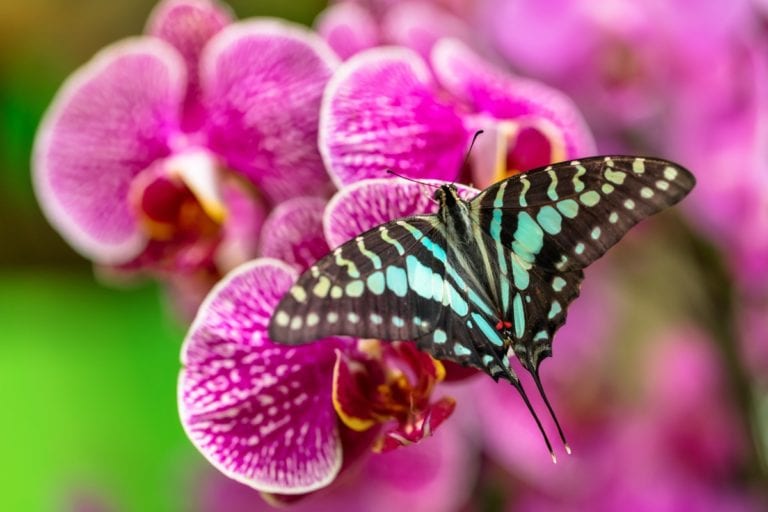Similar Posts
Week 655: I Choose Love
As I did my HeartMath practice this morning, I found that I could pretty reliably return to a coherent heart and internal sense of balance (which translates as a “green” response on the Inner Balance app), when I silently repeated the mantra, “I choose love”. Read More “Week 655: I Choose Love”

883rd Week: Cultivating A Deeper Awareness of Interbeing and Interdependence
As we experience the intense polarization and conflict in the United States, and also that which has arisen in so many other countries, it feels more important than ever to engage practices that remind us that we are one earth family and that we can’t survive independent from the countless contributions of our human family and our other-than-human earth family.
I’ve written before about the South African concept and practice of Ubuntu—“I am because you are”, which recognizes and lives into the reality that it is only through the support of the people around us that we are able to be. Here’s one reference describing Ubuntu, one among many: https://www.newworldencyclopedia.org/entry/Ubuntu_(philosophy)
Another approach to this same idea comes from Psychiatrist Dan Siegel who has developed what he calls “Intraconnection”, where he describes our awareness as moving from “me to we to mwe”. Here’s a link to his new book on the subject: https://www.amazon.com/IntraConnected-Integration-Belonging-Identity-IPNB/dp/0393711692/ref=sr_1_2?crid=N39CCKTAR989&keywords=Dan+Siegel+intraconnected&pldnSite=1&qid=1658667706&sprefix=dan+siegel+intraconnected%2Caps%2C124&sr=8-2
Then, there’s Thich Nhat Hanh’s coining the verb interbeing, where he says that we interare in every moment, that we cannot really be separate from everything around us. Here’s a link to an article by Thich Nhat Hanh on interbeing: https://www.garrisoninstitute.org/blog/insight-of-interbeing/
These and other related approaches and concepts invite us to expand our worldview to move beyond U.S. culture’s (and the cultures of other countries, as well) emphasis on individual issues such as rights, freedom, and independence. For this week’s practice in conscious living, I invite you to dive a bit more deeply into this subject than you may have done before and ask yourself, each day, to recognize your interbeing and interdependence in some way you might ordinarily ignore it.
Read More “883rd Week: Cultivating A Deeper Awareness of Interbeing and Interdependence”Week 656: Expanding the Tribe
Somewhere in my meanderings through Facebook, reading, and listening to talks, I ran across a statement that captured my attention. I believe it was Jon Stewart who talked about how the human species is fundamentally “tribal” Read More “Week 656: Expanding the Tribe”
Week 662: Nature’s Astonishing Intelligence
Walking through Central Park in the rain one morning, I found myself pondering the astonishing fact that the planet figured out how to generate water, and then to evaporate it so it could come down as rain and nourish a wide array of life forms as they emerged into the ever-expanding family of planetary life. For the entire walk, Read More “Week 662: Nature’s Astonishing Intelligence”

2021 May Audio Meditation
Here’s this months audio meditation. As we are doing all year, we focus on wholeness within ourselves and all our earth-kin.
If you prefer to see images of nature as you follow the guided meditation, here’s our YouTube version:

722nd Week: One Person Can Make A Difference
I recently saw a brief video about a man in Brazil who, through his focus and efforts over many years, restored a rainforest to an area that had lost its vegetation and water. As I watched the video, it reminded me of something that many people think is only fantasy but that, for me, is an ever-present reality. In my mind, this man was guided by Nature’s Intelligence to plant vegetation in a process that spontaneously returned water to the region where he lives. Here’s a link to his brief, inspiring documentary: https://www.youtube.com/watch?v=ndWyBU9mWlM
The other thing this video brought to mind is how powerful one person’s daily commitment and activities can be. During all the years this man planted vegetation on his land, his neighbors didn’t understand why he was doing so, and yet—through his persistence in heeding the call he felt from the land—he restored an entire ecosystem one small act at a time. For me, this speaks to the ways in which each of us can play an active role in caring for, and restoring, our world. Read More “722nd Week: One Person Can Make A Difference”